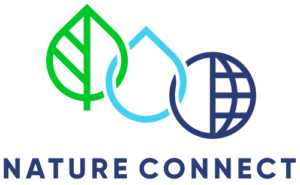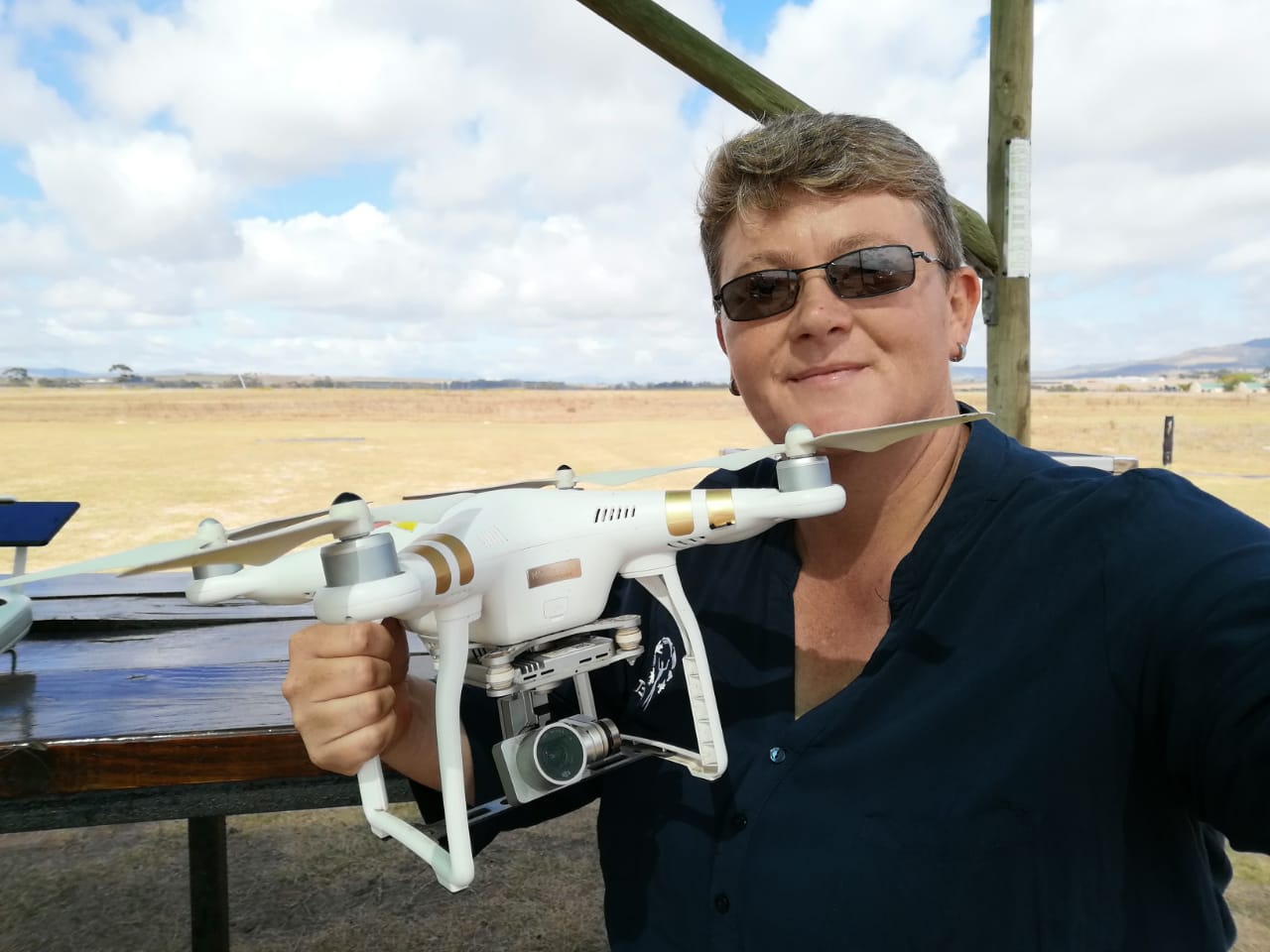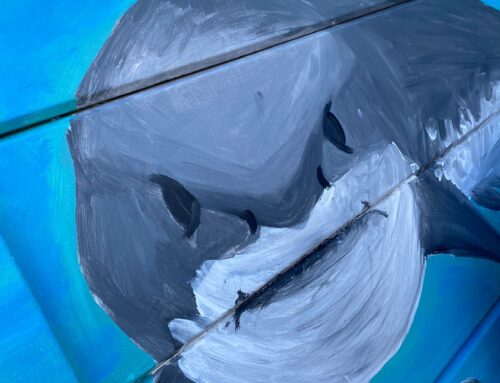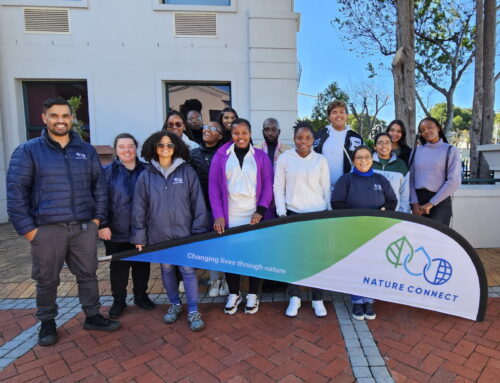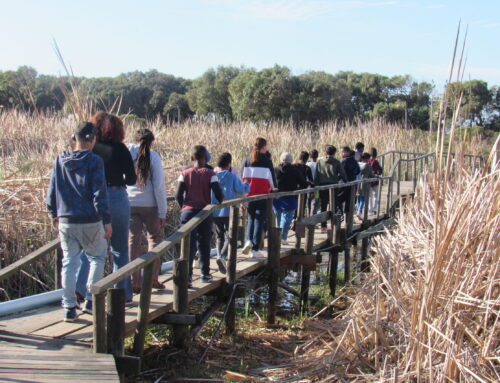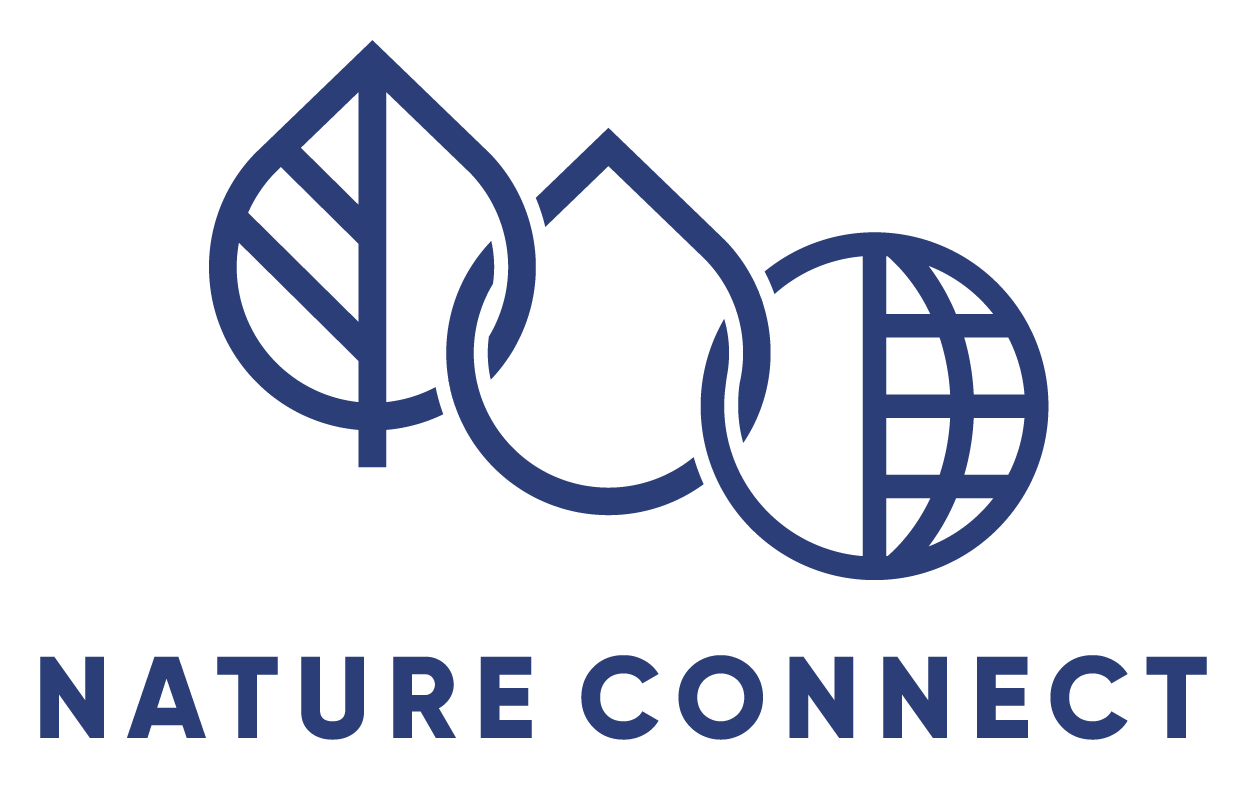 One of our Nature Care Fund Managers, Petro Botha, obtained her remote pilot licence to operate a drone. This opens up so many opportunities for CTEET in being able to monitor and obtain visuals of our conservation sites. She tells us it was no easy feat…
One of our Nature Care Fund Managers, Petro Botha, obtained her remote pilot licence to operate a drone. This opens up so many opportunities for CTEET in being able to monitor and obtain visuals of our conservation sites. She tells us it was no easy feat…
“I am extremely excited and thankful to Quemic Airborne and CTEET for the opportunity to do my Remote Pilot Licence (RPL) training. Receiving my drone licence was a great highlight this year.”
Petro fills us in on some some interesting requirements for obtaining a remote pilot licence, issued by the South African Civil Aviation Authority (CAA):
Candidates are required to:
- be 18 years and older
- Hold a class 3 medical certificate
- Hold a restricted certificate of proficiency in radiotelephony
- Speak English
- Pass the theoretical knowledge examination (course work includes: air-law, aerodynamic principles, meteorology, navigation, everything about a Remotely Piloted Aircraft System, and flight planning)
- Complete flight training
- Pass the practical skills test
In addition, two more training courses are required for a drone pilot operating under a ROC (RPAS Operators Certification) in South Africa:
- Dangerous goods category 10 certificate
- Aviation security awareness training certificate
We asked Petro how her involvement started, “I was using historical aerial imagery obtained from the City of Cape Town to quantify bush cover at Rondevlei Nature Reserve. Images dated back to 1935 and the CSIR assisted in pre-processing the images. Since 2018, Quemic Airborne started mapping the study area at Rondevlei and we are now using the drone imagery for ongoing monitoring.”
How exciting! We have certainly moved into the 21st Century with our monitoring technology – well done Petro!
